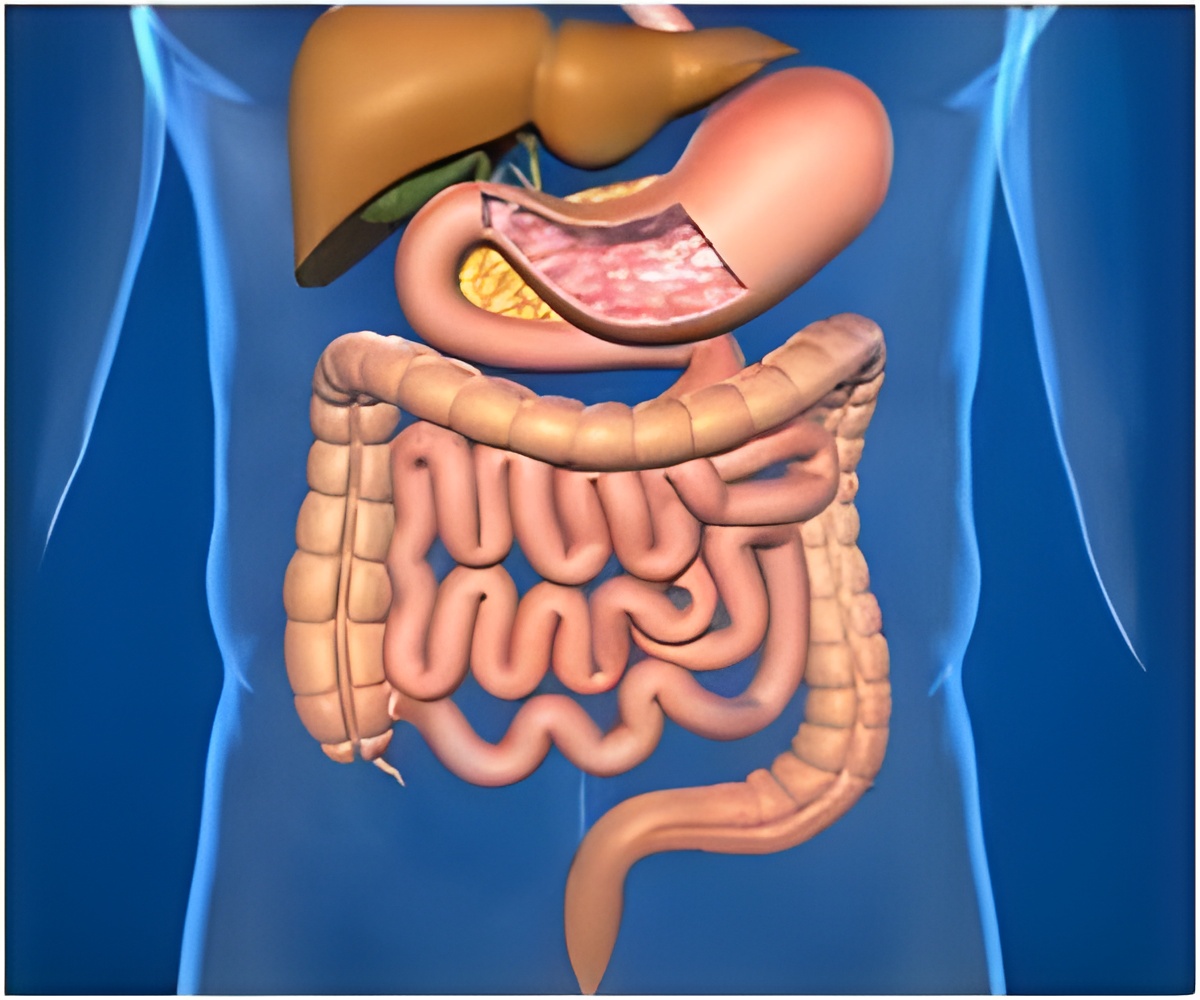Rifaximin and lubiprostone offer some of the best options for treating irritable bowel syndrome, Cedars-Sinai researchers have determined.

Patients with irritable bowel syndrome often experience abdominal pain or cramps, excess gas or bloating and visible abdominal distension. Many drug therapies cause troubling side effects of their own, including nausea, insomnia, palpitations and decreased appetite.
"For the millions of patients who suffer from IBS, effective treatment options have been very scarce," said Dr. Mark Pimentel, a lead author of the study and director of Cedars-Sinai''s Gastrointestinal Motility Program.
Pimentel and the other researchers analyzed common treatments for IBS.
For diarrhea forms of the condition, they evaluated tricyclic antidepressants; alosetron, a drug that slows movement of stool in the gut; and rifaximin, an antibiotic that stays in the gut and is currently FDA-approved to treat traveler''s diarrhea and hepatic encephalopathy.
For constipation forms of IBS, the researchers examined antidepressants known as serotonin reuptake inhibitors and lubiprostone, a drug that promotes gut secretion.
Advertisement
- For every 2.3 patients who benefited from tricyclic antidepressants, one suffered harmful side effects and had to stop taking the medication.
Advertisement
- By contrast, for every 846 patients aided by rifaximin, one had to discontinue the medication.
- Lubiprostone and serotonin reuptake inhibitors demonstrated a complete lack of "harm" to IBS patients with constipation, as defined by the study.
"We found that rifaximin and lubiprostone have the lowest level of harmful side effects of all the well-studied drug therapies for IBS," Pimentel said.
"This underscores the need for us to continue to monitor new therapies for this disease," Pimentel added. "While it is important to see benefit with drugs, harm is something we do not often assess well."
Besides Cedars-Sinai, other centers participating in the research included the School of Medicine at Texas Tech University''s Health Sciences Center; the UCLA Department of Medicine; Beth Israel Deaconess Medical Center; and Harvard Medical School.
Funding for the study was provided by the Beatrice and Samuel A. Seaver Foundation.
Pimentel discovered the use of rifaximin for IBS. Cedars-Sinai holds patent rights to the discovery and has a licensing agreement with Salix Pharmaceuticals Inc., which markets the drug. Pimentel is a consultant to Salix and serves on its scientific advisory board. None of the authors is affiliated with lubiprostone maker Takeda Pharmaceuticals or other drugs that were evaluated.
Source-Newswise















